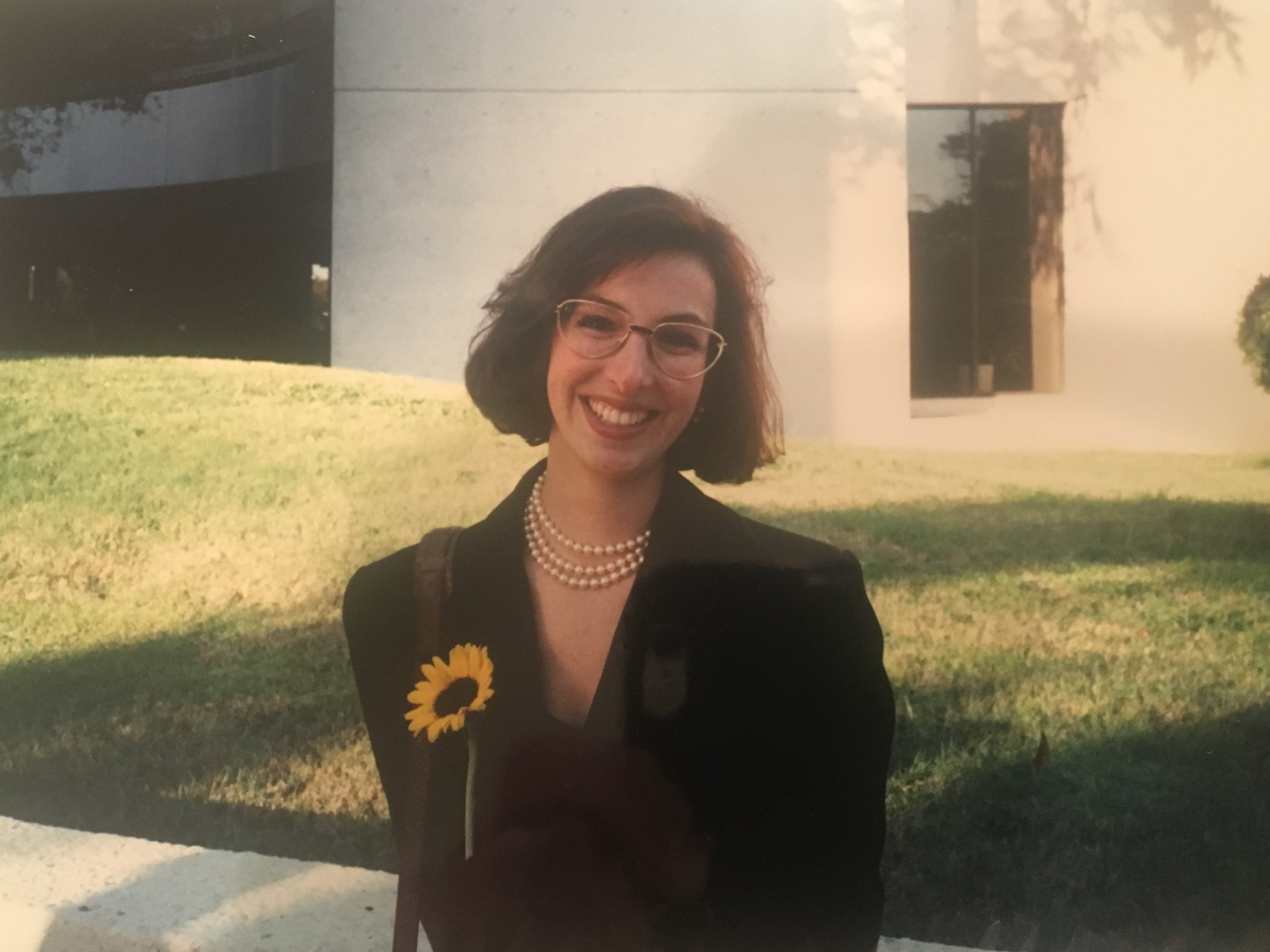My earliest memory as an advocate was at age 5. As the only deaf student in my school, I had to adapt quickly to my classroom when making new friends. Unlike most 5-year-olds, I taught my friends unique communication skills, such as making sure their lips were clearly visible and teaching them the sign language alphabet. Most of my friends loved learning a language that allowed them to communicate with me across the room. Those with the most interest in language often became fast friends that turned into forever friends during my formative school years.
Those friendships from kindergarten and beyond helped shaped the course of my life. It set the standards as to how others would treat me. It was they who made sure I was not the last kid picked for a team. Later in life those would be the sorority sisters who had my back, lawyers who co-chaired cases with me, fellow mothers who shared the neighborhood news with me. Some of them were natural advocates. Others joined along the way.
I was not a born advocate. I was fortunate to have been born to deaf parents and grow up in a bilingual household where both American Sign Language and English was used. Being deaf themselves, my parents navigated a world unfamiliar to the concept of equality and access. Advocacy was a frequent topic at our dinner table where we discussed challenging situations and the ways to respond.
In seeking to improve their world, my parents became pioneers in the area of assistive technology. They co-founded a manufacturing company creating products that helped ensure important notifications were accessible to deaf and hard of hearing people such as the sound of a baby’s cry, doorbells, phone rings and fire alarms. Their groundbreaking work led to a more accessible world in the travel and lodging industry for millions of deaf and hard of hearing travelers.
Building this business from the ground up without communication access such as sign language interpreters required a certain level of determination and advocacy skills. After all, it was those advocacy skills that was used to convince the travel industry to provide access well before there was any legal requirement to do so. My parents also had certain expectations of their children. I was to assert my place whether it was in the classroom, on the playground, on the cheerleading squad or on the job. My parents paved my path to advocacy, eventually leading me to enroll at the University of Texas at Austin for my business and law degrees, where I became the first deaf student to graduate from the University of Texas law school.
Upon graduation, I became a civil rights attorney specializing in special education to help others who were fighting for equal access to education. As I was beginning my career, the Americans with Disabilities Act (ADA) had just been implemented. This created the perfect opportunity to help define access for the deaf and disability communities. Although this pursuit came with risk, I took on cases without any precedent. The stories were just too compelling. There were stories after stories of people being denied basic access to things that every American took for granted. We wanted equal access to jobs, to American pastimes such as amusement parks, and emergency services, to name a few.

Being one of only 40 deaf lawyers in the country at that time, there were only a few of us who could help craft implementation of the new law for our communities. There were plenty of unknowns; the reaction of private companies and public entities being asked to create equal access, how those cases would be resolved by judges and juries and how the public would react. On the bright side, things couldn’t get worse, as we were starting with nothing.
It has been 29 years since the ADA was signed into law, and there is still much left to be accomplished. Case after case proves that this country is still not ready for full equality. We are still advocating individual by individual, classroom by classroom, workplace by workplace, all dependent on individuals who design and manage those institutions.
However, change is occurring. Due to the collective efforts of advocates, the concept of access has gone mainstream. Major institutions of media, sports, technology and fashion have begun to lend their voices to the fight, creating powerful ripple effects. As we begin to see universal design in technology and authentic representation in television and film and fashion, change is giving way to a more inclusive world. But it can’t stop here. There are people all around the world waiting to speak, to stand, to fight, and need the same encouragement I had early on.
Just as my kindergarten buddies made sure I was not left behind, those ripple effects have the power to allow all of us to become the best version of our advocacy selves.

